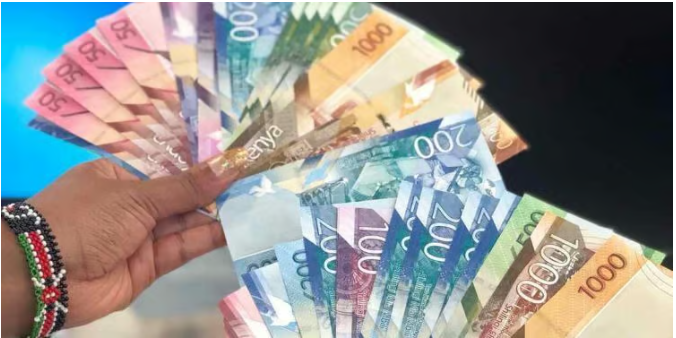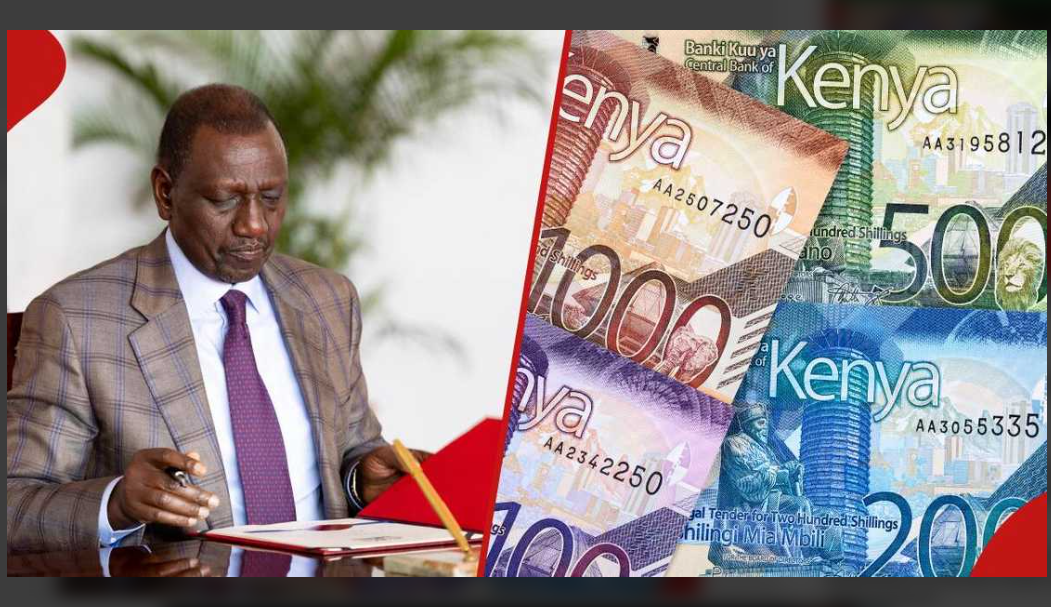
The Kenyan shilling has remained stable against the US dollar, providing much-needed confidence to businesses and consumers amid global currency fluctuations. As of mid-September 2024, the Central Bank of Kenya (CBK) confirmed that the country’s foreign exchange reserves are adequate, ensuring the shilling’s resilience despite global economic pressures.
The stability comes as a relief in a time when many emerging markets have seen their currencies depreciate due to inflationary pressures, rising global interest rates, and a strong US dollar. In Kenya, however, prudent monetary policies and effective reserve management have helped the shilling avoid the worst of these trends.
Foreign exchange reserves, which stood at $7.4 billion as of the latest data from CBK, are considered sufficient to cover over four months of import costs. This buffer has been critical in shielding the shilling from excessive volatility. By maintaining adequate reserves, the central bank has been able to intervene when necessary, ensuring the currency does not face sudden devaluation or excessive market pressure.
The Central Bank’s strategy has also involved managing interest rates carefully, preventing inflation from spiraling out of control while still encouraging growth. CBK Governor Patrick Njoroge emphasized that Kenya’s foreign exchange reserves have been “comfortably within international standards,” adding that this stability allows businesses to plan more effectively and protects households from rapid price increases that often accompany currency devaluation.
For many in Kenya’s import-heavy economy, a stable currency is essential. Businesses importing goods, from machinery to raw materials, have been able to avoid sharp increases in costs that could arise from a weakening shilling. This stability has also helped maintain reasonable prices for essential goods, such as food and fuel, which are crucial for household consumption.
However, experts warn that despite the current stability, external pressures could pose challenges in the future. Global oil prices, fluctuations in the prices of key agricultural exports, and ongoing geopolitical tensions are all factors that could impact Kenya’s foreign exchange reserves and, consequently, the strength of the shilling.
Tourism, a key source of foreign exchange, has also been recovering slowly following the pandemic, which has contributed positively to the country’s reserves. Kenya’s appeal as a global tourism destination, especially with its renowned wildlife and coastal attractions, has helped bring in foreign currency, further stabilizing the shilling. Additionally, remittances from Kenyans living abroad, which remain a significant part of the economy, have continued to flow steadily, supporting the shilling’s value.
In the financial markets, analysts have noted that the Central Bank’s management of the situation has boosted investor confidence. Many expect the CBK to continue its conservative approach to monetary policy, particularly in maintaining robust reserves to counteract any potential shocks that could hit the global financial system.
 Looking ahead, the outlook for the Kenyan shilling remains cautiously optimistic. While the currency is expected to hold steady in the short term, external factors such as changes in global trade dynamics and monetary policy shifts in developed economies could affect the long-term picture. The CBK’s ability to maintain its foreign exchange reserves at healthy levels will be crucial in determining the future direction of the shilling.
Looking ahead, the outlook for the Kenyan shilling remains cautiously optimistic. While the currency is expected to hold steady in the short term, external factors such as changes in global trade dynamics and monetary policy shifts in developed economies could affect the long-term picture. The CBK’s ability to maintain its foreign exchange reserves at healthy levels will be crucial in determining the future direction of the shilling.
As the country navigates these economic uncertainties, the stability of the Kenyan shilling against the US dollar offers a measure of reassurance. For businesses and consumers alike, this steadiness means they can operate with a degree of financial certainty, even as global conditions remain unpredictable.
Ennywealth


